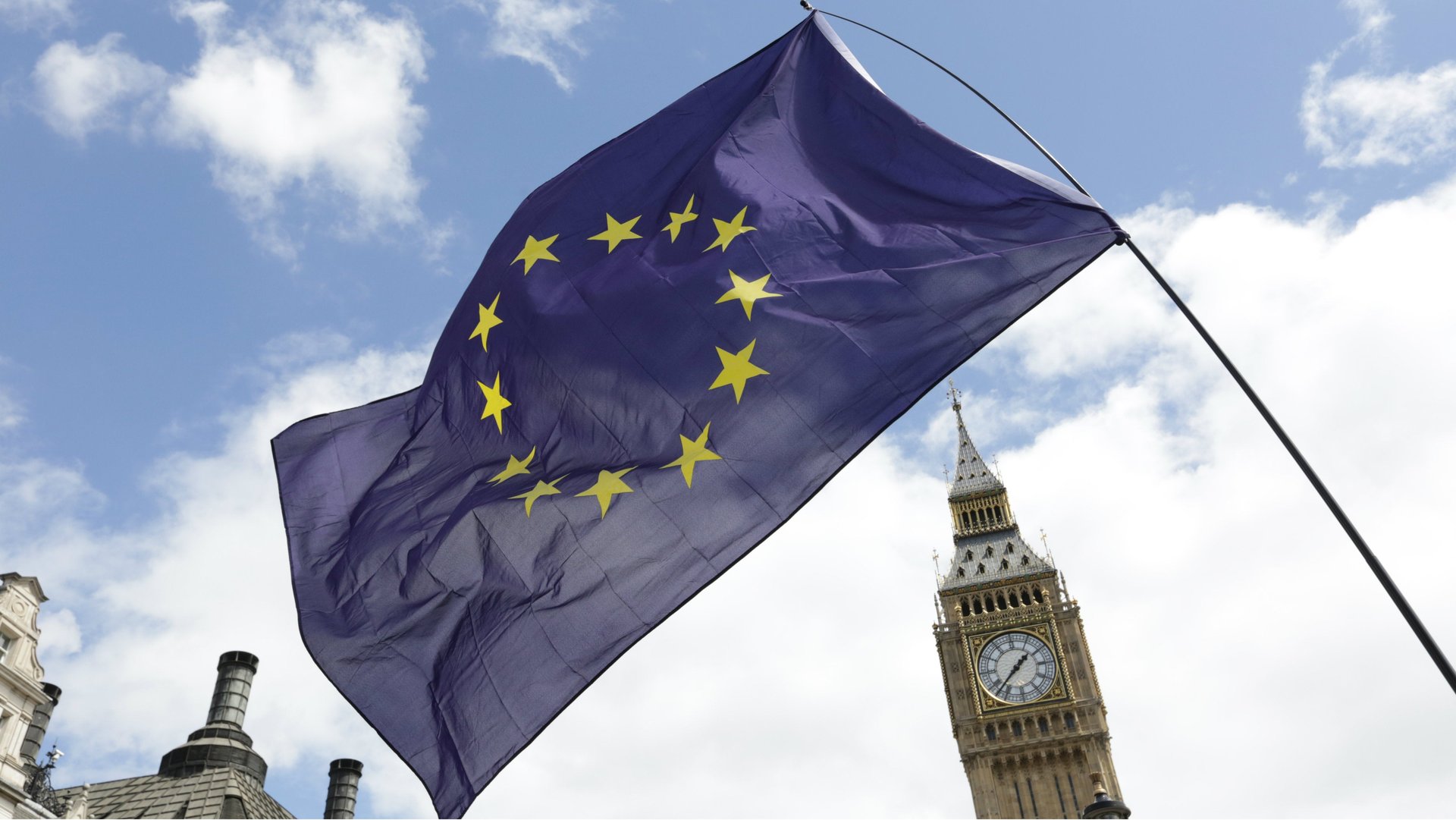Britain needs to hire foreign experts to redo all the trade deals it voted to ditch
Now that Britain has voted to leave the European Union, it faces the daunting task of renegotiating a long list of trade deals as a newly independent entity: all the deals the EU already has with other countries, the ones the EU is currently negotiating, and a deal with the EU itself after it leaves the bloc.


Now that Britain has voted to leave the European Union, it faces the daunting task of renegotiating a long list of trade deals as a newly independent entity: all the deals the EU already has with other countries, the ones the EU is currently negotiating, and a deal with the EU itself after it leaves the bloc.
This work will require millions of hours of work by seasoned negotiators with experience of the complex, high-stakes art of top-level government deal-making.
Britain is a bit short on those.
“Even if everyone who has ever negotiated a trade agreement in came back to London, they wouldn’t have enough staff to do this,” said Hosuk Lee-Makiyama, a fellow at the Open Political Economy Network, a London-based think tank, and an specialist on trade diplomacy.
Mark Ian Price, the UK’s minister for trade and investment, said the British government has about 40 trade negotiators, compared with 550 employed by the EU, the Telegraph reported. Over its 43-year relationship with the EU, Britain has outsourced its talent to Brussels, which negotiates on behalf of all member states.
Britain will likely look to replace all of the EU’s 50-odd free-trade pacts, and some will be easier than others. Deals which the EU has with other countries could be tweaked and grandfathered in for the UK, says Lee-Makiyama. But the deal with the EU itself will be a costly slog, as Germany, France, and other key member states may try to punish the UK for leaving, as a deterrent to others that are wavering and as a way to bolster domestic industries that compete with British companies (think banks). Lee-Makiyama dubs the costs the “Schaudenfraude payment”.
Equally complicated is the Transatlantic Trade and Investment Partnership, an epically contentious trade agreement between the EU and the US. Talks began in 2013 and were set to conclude in 2014, but have been pushed back to 2019 or 2020—and that was before Brexit. There’s also a major EU-Japan deal on the horizon, which Britain will now have to forge separately.
These deals require experienced negotiators and an advanced understanding of human psychology, as no one ever wants to give up anything in exchange for access to the other side’s market. Peter Mandelson, a former EU trade commissioner, told the Economist that free-trade agreements “do not come free, do not cover all trade and take ages to agree.”
Says Lee-Makiyama: “Negotiations, like anything else, have rituals and mechanics. Half of trade strategy is with whom do you negotiate and the order you negotiate in.” Experience, it seems, matters.
In forging its own deals, Britain won’t come to the negotiating table as part of a trading bloc representing 500 million people, but an embattled island of 64 million with few trade negotiators, a shaky economy, and a total void of government leadership.
That said, on thorny negotiations with countries like China, the UK may be able to steal a march on the lumbering EU machine. “A pro-trade UK government would be able to embark on such an endeavor much quicker than EU ever could,” says Lee-Makiyama. But only if the British quickly hire huge numbers of trade negotiators. Ironically enough, following a Brexit campaign that centered on reducing immigration and discounting experts’ opinions, the UK is looking to hire foreign experts to fill these crucial roles.